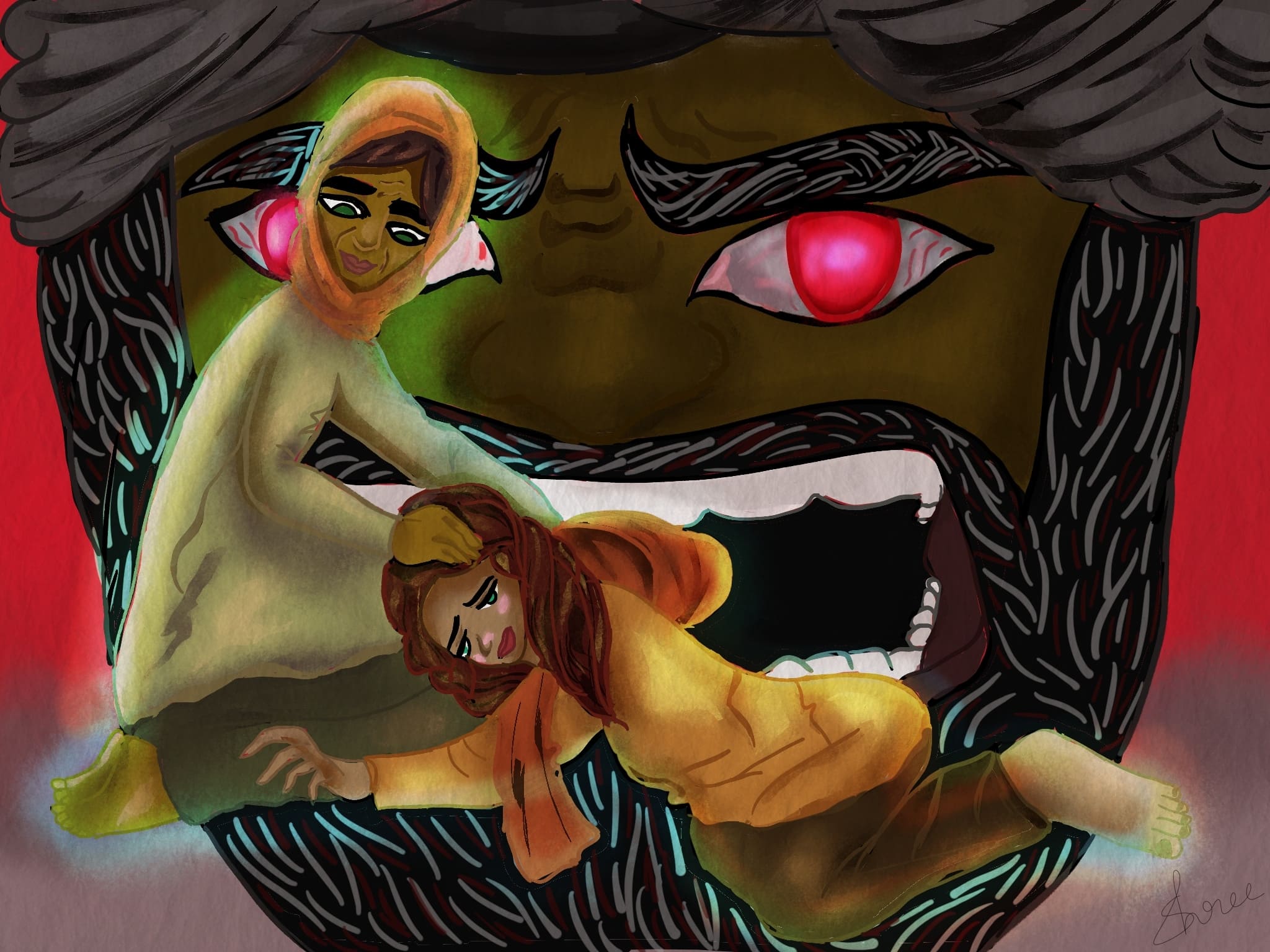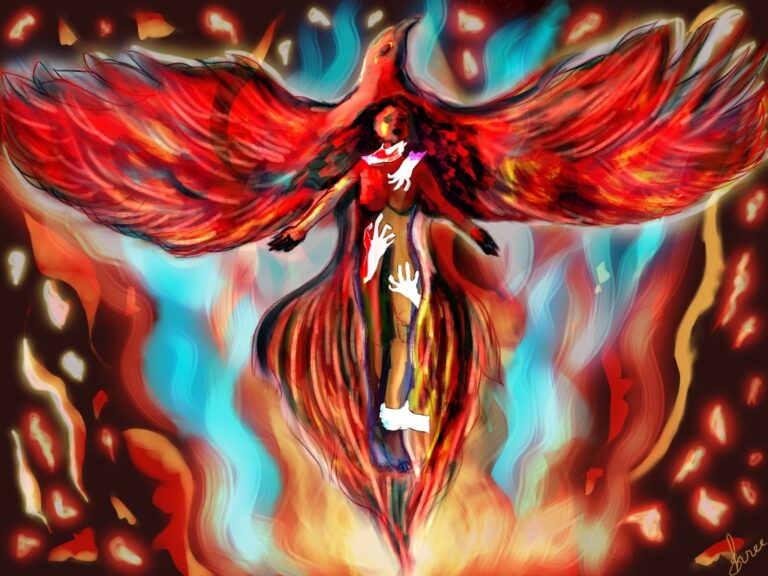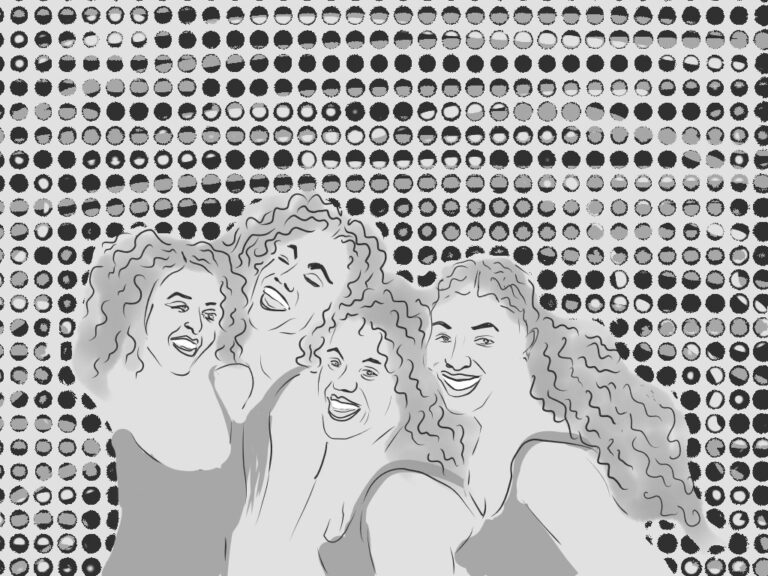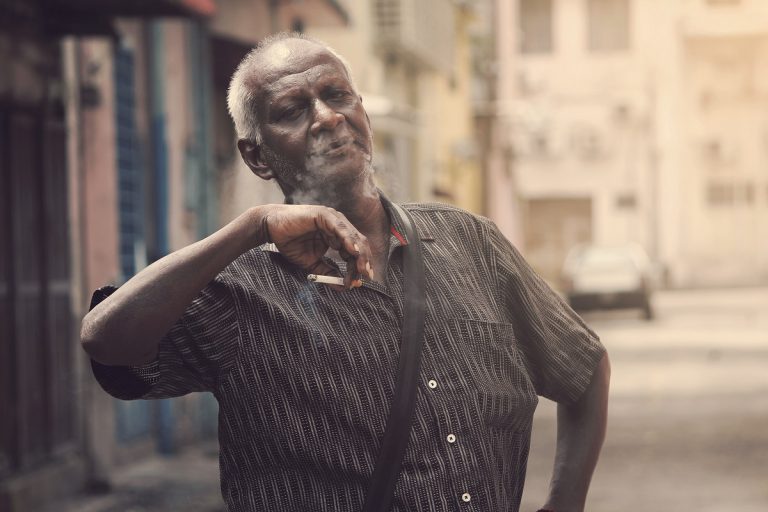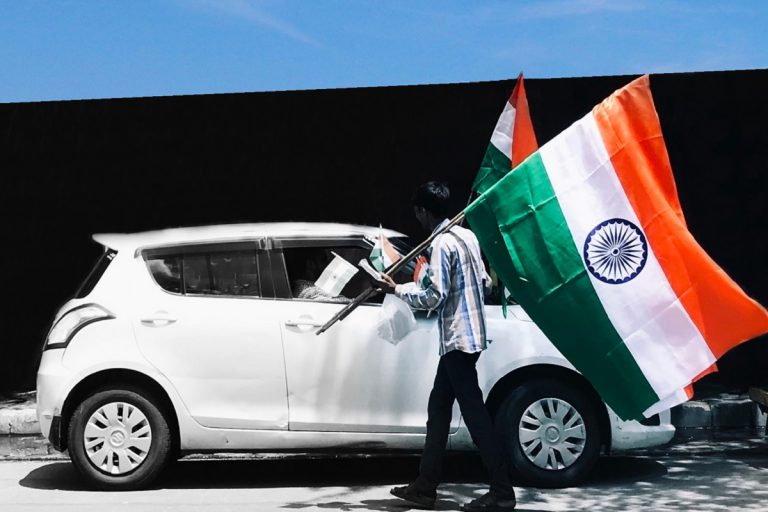Book Review: A Thousand Splendid Suns

Srijani Roy is currently pursuing her Masters in Sociology from Jadavpur University. She is passionate about gender related issues and Child Rights. She has a wide range of experiences in wokring with Non-profit organizations at various capacities.
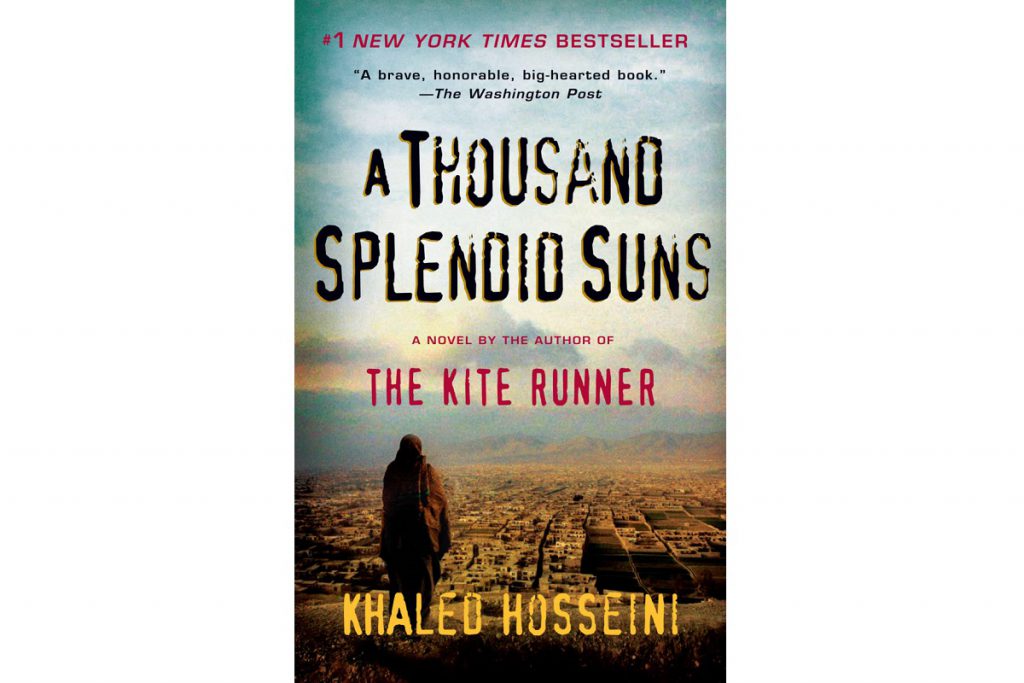
With the ongoing pandemic, forcing us to remain indoors our options of recreation have become limited. Spending a considerable amount of time watching movies or television series on Netflix or Amazon Prime Video has now become the “new normal” for us. Yet, the lockdown has become a boon for many bookworms. Several people have picked up the habit of reading while many are turning over pages of an old book that they had read a long time ago. A book that one needs to read during this lockdown is A Thousand Splendid Suns by Afghan-American author, Khaled Hosseini. The book is about the lives and unlikely friendship between two women, generations apart, in the changing landscape of Afghanistan.
The novel comprises two protagonists — Mariam and Laila. The other central characters include Rasheed, Mariam and Laila’s abusive husband, Tariq, Laila’s childhood friend and lover. The novel is split in dual narrative, the first being Mariam and the second being that of Laila’s.
Mariam, the older woman, is an illegitimate child of a wealthy merchant. She lives with her embittered mother, who often calls her harami which means illegitimate child. Mariam looks forward to her father Jalil’s occasional visits as the only source of joy in her life. She is disillusioned when she learns that her father is incapable of accepting her into his life or home or even acknowledging her as his daughter. With an attempt to get rid of her, her father and his extended family marry her off to Rasheed, a shoe-maker and 30 years her senior. She again hopes that this time, life will endow her with love and happiness that she has craved for. But alas! life was never fair towards her. Right from its inception, life has been biased against her and continues to mete out insufferable harshness. However, the grace with which Mariam accepts her fate, the way she carries herself in the face of adversity and her frustration at her own deprivation make her an unforgettable protagonist.
Laila, the younger woman, is unloved and neglected as a child. Her mother, Fariba mourns the death of her sons so much that she had forgotten to live in the present- she had almost forgotten that she had a daughter, Laila, who was still alive. Her father, Hakim is a progressive man and encourages Laila to invest in her education. He tells her, “society has no chance of success if its women are uneducated. No chance Laila.” The overnight change in power to the Taliban regime compels the young girl to fill the shoes of a woman overnight. Laila’s miraculous survival, her emotional endurance and her actions in dire situations are nothing but praiseworthy in the eyes of the readers. Laila as a protagonist, challenged several notions right from the time the readers are introduced to her. She has an urge to learn, questions normative structures of society which she is unable to fathom and most importantly tries to break the shackles of patriarchy. She challenged several taboos in society — including engaging in premarital sexual intercourse with her boyfriend Tariq.
The place where the lives of Mariam and Laila intersect is a fresh wound for Mariam’s already abused and addled marriage and in that very moment Laila loses everything; she marries Rashid against her wishes and hence from the very beginning both women are resentful of one another. Yet, over the course of time, their relationship grows close resembling that of a mother and daughter. “And in this fleeting, wordless exchange with Mariam, Laila knew that they were not enemies any longer.” The two women fill the void of love in each other’s lives unconditionally and selflessly. The immense sacrifices that the women make for each other and the intensity of their affection for one another leaves a long lasting impression on the minds of the readers.
This book depicts the resonance between instability in the lives of women and their surroundings. The author has provided the reader with a window which allows the readers to peep into the status of women in a society of extremist ideals – the purpose of the women being limited to childbearing, the blatant violations of human rights, and absolute lack of choices in the lives of Mariam and Laila.
The novel is multigenerational and provides a deep insight into the complex emotions that reside inside the human heart, especially that of a woman. The author has explored different multifaceted human emotions such as love, hate, loyalty, friendship with a profound understanding of human psyche. The complexities and contradictions between parent and child relationship have also been carefully illustrated in the novel and also forms a prominent theme in the book. Mariam craved her father’s love and Laila for her mother’s. Zalmai ( Laila’s and Rasheed’s son) relationship with his father forms an antithesis to that of his elder sister, Aziza, who is nothing but a burden for Rasheed.
The men in the book are also a sharp contrast to one another. While Mariam’s father, Jalil, is the reflection of the quintessential privileged man whose loose conscience easily allows him to brush aside his misdeeds under the carpet. Rasheed, Mariam’s husband too is the torch bearer of patriarchy. The readers are first given a glimpse of his chauvinist side when he tells Mariam, “But I am a different breed of man, Mariam. Where I come from, one wrong look, one improper word, and blood is spilled. Where I come from, a woman’s face is her husband’s business only. I want you to remember that. Do you understand?” Hakim, Laila’s father, is different from both Jalil and Rasheed. He encourages his daughter to become an educated woman to become someone first and not somebody’s property. Tariq, Laila’s childhood friend and lover is a character that has been woven from the same material as that of Hakim’s. He shares ideals similar to that of Hakim and loves Laila the way she is. He doesn’t love her outer beauty but also what is inside Laila. He accepts Zalamai, Laila’s and Rasheed’s child as his own child without even thinking that the child will always remind him of Rasheed who was responsible for all of Laila’s misfortunes.
Each and every sentence that the author has written , stay with us even after we finish reading the book. The author has used two literary devices, symbolism and imagery to help us understand the book better. The author has painted several symbols into the mind of readers. The kolba where Mariam and her mother lived was made of mud and clay and was symbolic of the low status of a woman who had a child out of wedlock. Another symbol used by the author is after Mariam’s multiple miscarriages, when Rasheed’s behaviour towards her changes, due to her inability to provide him with a male “heir”. “Now you know what you have given me in this marriage. Bad food and nothing else. . Then he was gone, leaving Mariam to spit out pebbles, blood and fragments of two broken molars.” The symbol of broken molars and Mariam spitting out blood are an indication of the upcoming hardships in her married life and how she would learn to hide her pain, just as she learns to conceal that her two molars are broken. Not only the symbols but the images that the author has painted in the minds of the readers by describing immaculate details about how the life under the Taliban was by giving examples, such as that of a rockets falling while Laila tried to sleep, or describing the birth of Zalmai, when Laila was not even given anesthesia as it was not available, helps stimulate the auditory and visual senses of the readers.
Violence against women is the most pervasive yet least recognized human rights abuse in the world, as well as a profound health problem. It occurs in all countries and is perpetrated in the vast majority of cases by men against their female partners. “Like a compass needle that points north, a man’s accusing finger always finds a woman. Always.” . This line echoes into our ears even after we finish reading the book. This line resonates with every woman living in any part of the world. Women have always been targeted for simply being a woman. News of femicides in Turkey, violence against women in South Africa, South Asia, Mexico are something that we keep on hearing. Mariam and Laila could be any of us, living anywhere around the world. However, Mariam and Laila teach us never to give up hope.
This book leaves an indelible impact on the minds of the readers. Divided by a generation and united by their abusive husband, the book is a testament to the collective power of women. The story shows us that even the darkest clouds that hover above our heads can have the most defined silver linings. We just need to keep an eye out for the silver lining.
Featured Image Credits: khaledhosseini.com


